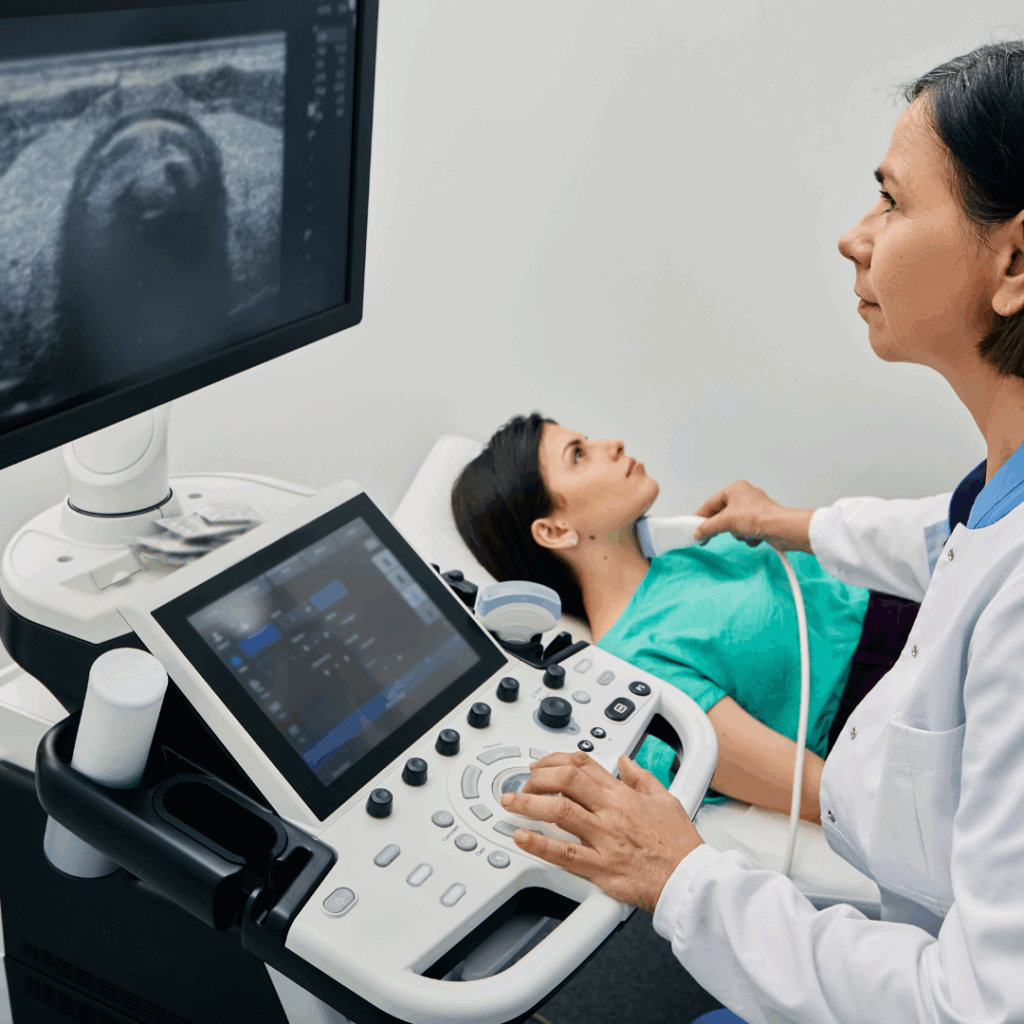The tragic case of Noreen McCormack serves as a significant reminder of the critical importance of thorough medical care and accountability within healthcare systems. This blog explores the details of the case, highlights the repercussions of failings within the emergency department, and discusses the steps organisations must take to prevent such tragedies from recurring.
A Heartbreaking Case of Neglect
Noreen McCormack, a grandmother from Moate, Co. Westmeath, lost her life on January 4th, 2017, two days after being discharged from the Midland Regional Hospital, Tullamore. Noreen was initially taken to the emergency department after falling down the stairs. She had been feeling unwell in the days leading up to the incident and continued to experience dizziness after the fall.
Despite her daughter’s repeated concerns about her mother feeling unwell, Noreen’s care focused almost exclusively on treating the physical injuries from her fall. Detailed investigations into the root cause of her symptoms, such as respiratory assessments, were overlooked. Shockingly, a postmortem later revealed that severe pneumonia had been the primary contributing factor to her fall and eventual passing.
During a hearing at the High Court, the family’s legal team asserted that medical staff failed to properly diagnose and manage her pneumonia, which should have been treated promptly. Instead, she was discharged, only to succumb days later to a condition that may have been preventable if identified in time.
The Health Service Executive (HSE) issued a formal apology to her family during the High Court proceedings, acknowledging the distress caused by their failings and outlining improvements made to emergency department procedures since Noreen’s passing.
The Importance of Proper Diagnosis and Accountability
Medical negligence – whether it stems from an oversight, lack of communication, or improper prioritisation of symptoms – can have catastrophic consequences. Noreen’s case underscores the need for healthcare providers to listen attentively to patients and their families and conduct comprehensive investigations, particularly when symptoms like dizziness and prolonged illness are reported prominently.
Failings of this nature often lead to grief, a feeling of helplessness, and mistrust among the affected families. For medical establishments, such incidents risk eroding public confidence and exposing critical gaps in training, triaging, and escalation protocols.
Fortunately, cases like this encourage organisations to reflect and implement enhanced processes. For example, the Midland Regional Hospital indicated that they have since introduced significant improvements in monitoring patients at emergency departments, striving to avoid similar incidents.
However, these reforms come too late for many families who, like the McCormacks, endure unimaginable loss due to systemic failings.
How Legal Recourse Supports Grieving Families
For families experiencing the pain of medical negligence or substandard care, understanding their options and seeking legal guidance is crucial. Pursuing transparency and accountability can provide not only justice but also create a foundation for systemic change within healthcare. While no legal case can undo the grief caused by a loss, it can offer a sense of closure and ensure future patients may benefit from increased safeguards.
Legal specialists, such as HOMS Assist Solicitors, offer invaluable support to families navigating complex medical negligence claims. Their expertise often includes key services like:
- Reviewing Clinical Records to determine whether treatment met professional standards.
- Seeking Expert Opinions to provide independent assessments of negligence claims.
- Pursuing Compensation for families affected by substandard care, covering psychological and financial burdens.
Cases such as Noreen’s highlight the need for dedicated legal professionals who bring both expertise and empathy, empowering families to challenge injustice with confidence.
Learn more about legal support for medical negligence claims with HOMS Assist.
Building a Culture of Care and Safety
Noreen McCormack’s loss has spurred much-needed scrutiny into care standards at emergency departments. The HSE’s formal apology acknowledges the failings and signals the beginning of healthcare improvements. These steps, rooted in the lessons learned from this tragedy, include:
- Continuous Training: Ensuring all staff, from triage nurses to consultants, recognise and escalate symptoms that could indicate critical conditions, even when injuries appear superficial.
- Patient-Centred Communication: Listening closely to concerns from patients and their families.
- Enhanced Monitoring Protocols: Increased checks for at-risk patients, especially those presenting with dizziness, fatigue, or other unexplained symptoms.
Preventative efforts must also be partnered with transparent policies that encourage whistleblowing, self-reporting of errors, and open dialogue about case reviews. The goal should not only be reducing liability but truly fostering a culture where healthcare safety and patient trust thrive.
For patient advocates and caregivers, promoting awareness about health conditions like pneumonia and its symptoms can also be vital. Education empowers families to confidently seek care and question actions when they feel their loved ones’ needs are not fully addressed.
Navigating a Difficult Path Together
For many families, medical negligence claims may feel daunting amidst the emotional strain of an unexpected loss. However, pursuing justice is often a step towards finding peace and ensuring others do not endure the same. Professional legal guidance from compassionate and experienced teams like HOMS Assist helps families through this difficult process, equipping them with knowledge and clarity along the way.
To everyone touched by this story, Noreen McCormack’s legacy is a solemn reminder of the need to prioritise thorough, compassionate, and patient-centred care above all else. Her family’s courage in pursuing answers and demanding change speaks volumes about their strength and dedication to making healthcare better for others.
If you or a loved one have faced similar challenges, legal and advocacy resources are available to guide you in seeking justice while creating meaningful change within the healthcare system.
Discover more about your legal rights in medical negligence cases.









